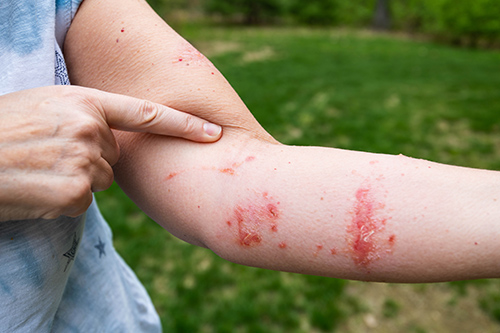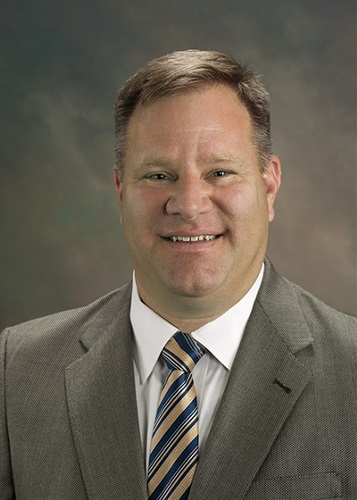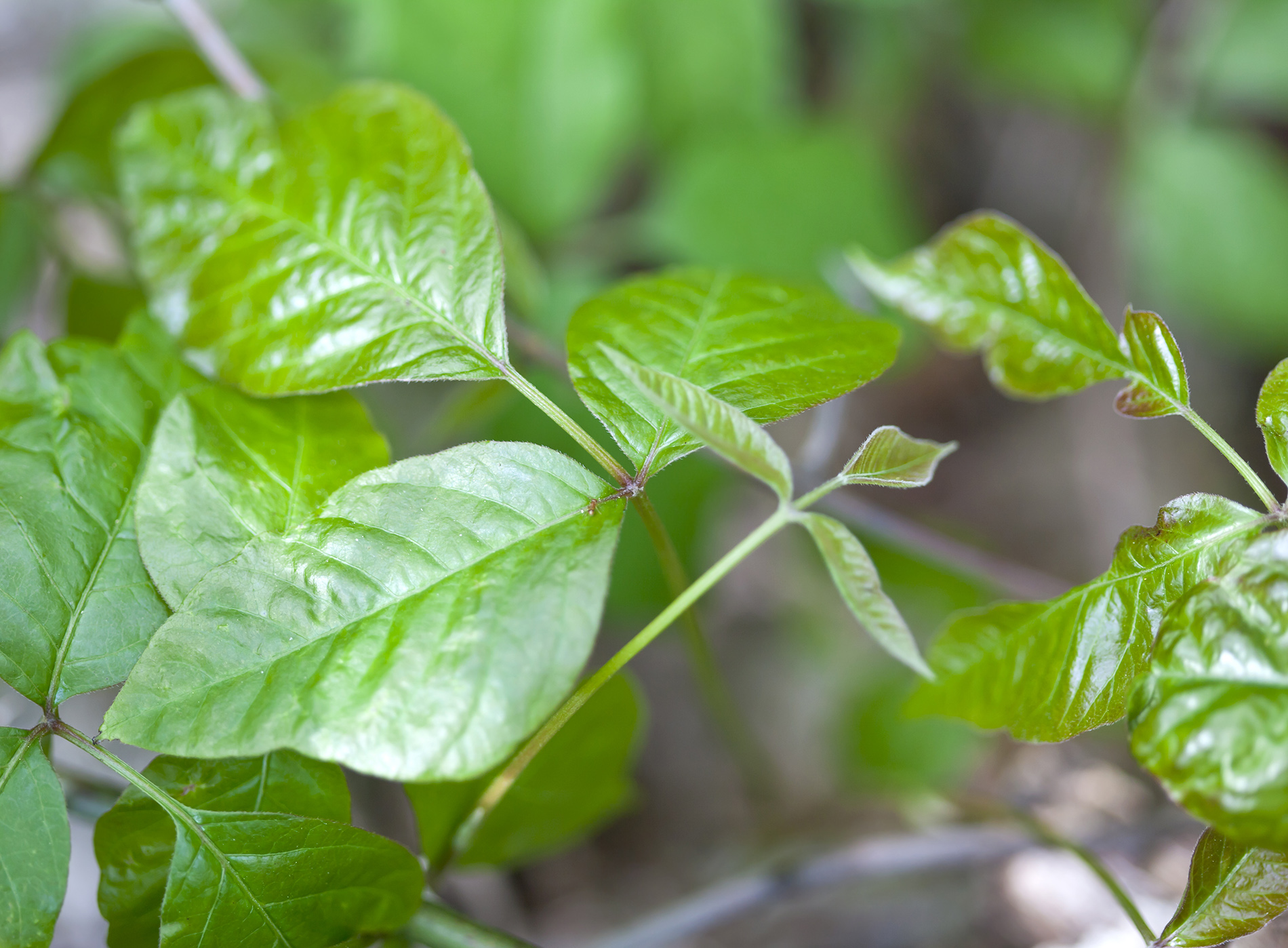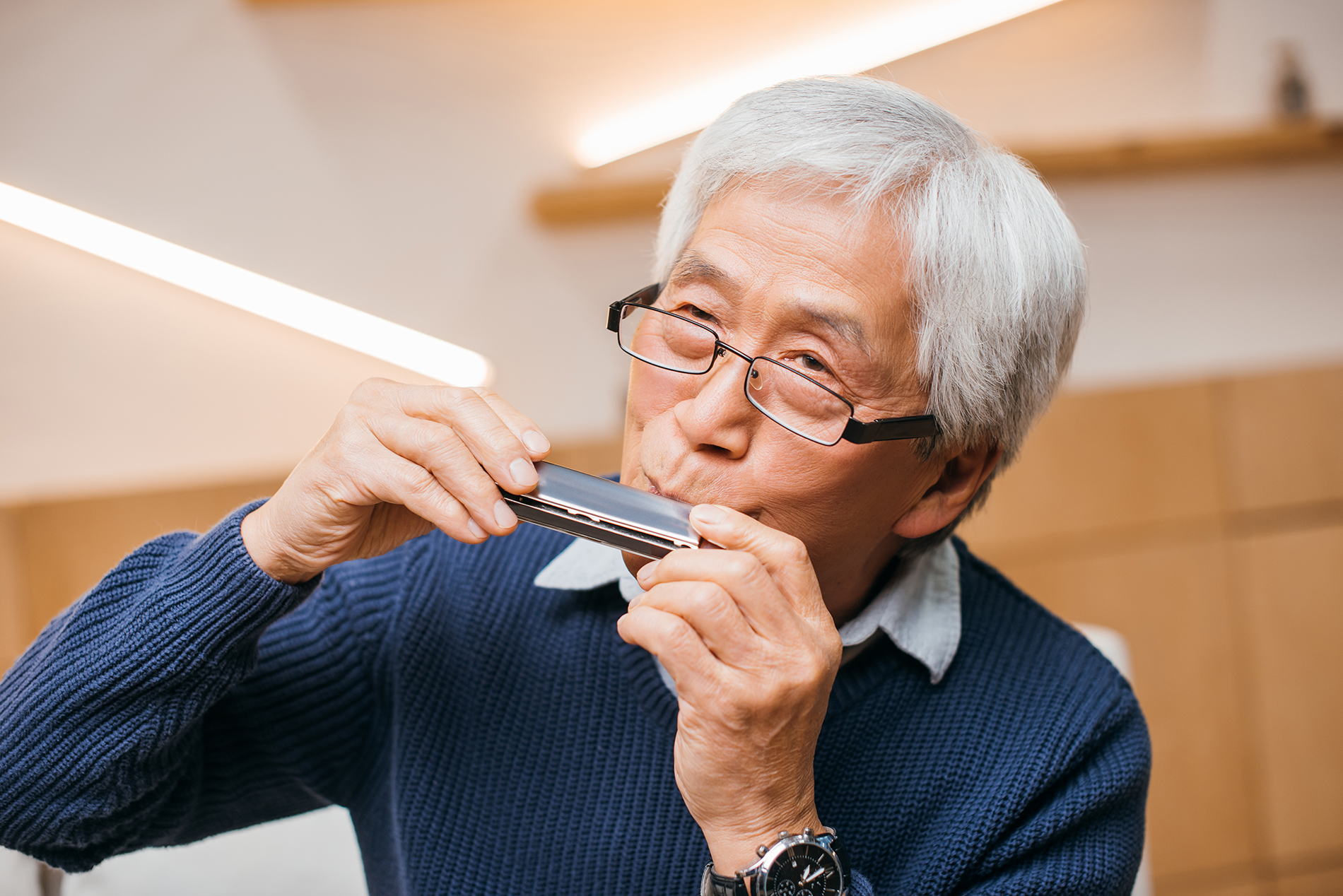Poison ivy and poison oak aren’t actually poisonous, but they do have a sticky, long-lasting oil called urushiol that causes an itchy, blistering rash after it touches your skin. Even lightly brushing against the leaves can leave the oil behind. James M. Chapman, MD, with Lexington Family Practice Chapin shares what you need to do if you have an encounter with these pesky plants.

Q. If you’ve accidentally touched poison ivy, what can you do to prevent developing a rash?
A. It’s important to wash the affected areas with soap as soon as possible after exposure. Even washing the area up to two hours after exposure can be beneficial in reducing the rash.
You can develop a rash by touching the plant itself or by touching objects contaminated with the urushiol oil, like clothing, gardening tools or a pet’s fur.
Q. Are some people really more allergic to poison ivy than others?
A. Yes, some fortunate people have no reaction at all after contacting the plant. But, others may have severe reaction from even minimal contact.
Q. What are the best at-home remedies to treat poison ivy?
A. For mild cases, you may find relief from taking oatmeal baths and applying cool, wet compresses or topical astringent lotions.
Q. When do you need to see a doctor for the rash?
A. If the rash involves more that a small area, or if it seems to be spreading, it is recommended to seek medical advice or treatment.
Q. What treatments can a doctor provide for the rash?
A. Depending on the severity, your doctor may prescribe topical or oral steroids to alleviate the symptoms and shorten the duration of the rash.

James M. Chapman, MD, Lexington Family Practice Chapin






Leave a comment